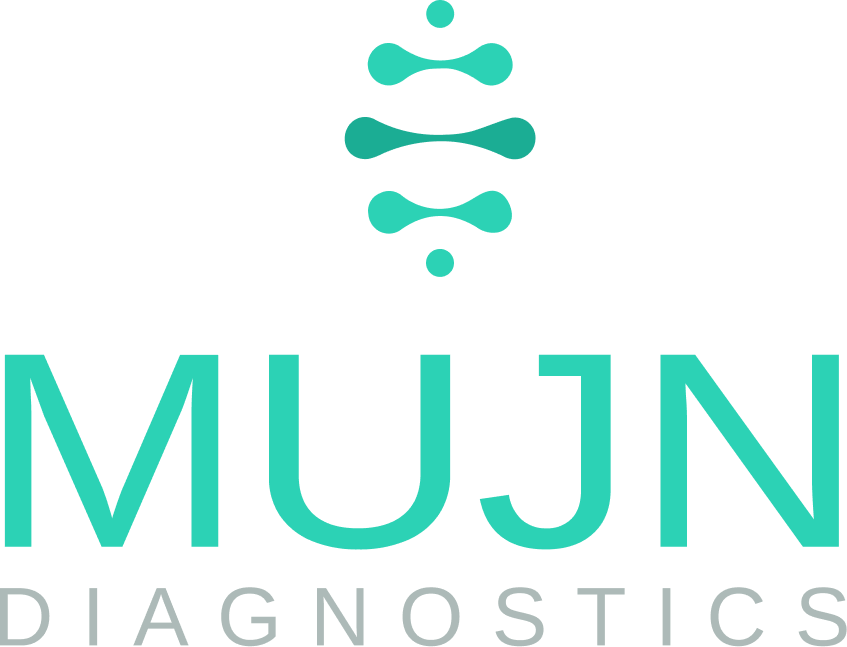Better
Brain Health.
Precision-medicine diagnostics, tracking, and analytics - for better patient outcomes.
MUJN offers state-of-the-art technology & science-based knowledge to empower healthcare providers & patients alike.
A suite of tools for better brain health.
Diagnostics
Tracking
Analytics
MUJN's aim is to enhance brain health through biomarker tests that correlate with clinical treatments, diets and symptoms.
Our personalized tracking tools provide dynamic measurement of brain health status and trending data.
We provide clinicians and patients visibility into important brain health metrics.
Pioneering Better Brain Health Through Early Insight
At MUJN Health, our unwavering commitment is to empower you with the knowledge you need to take charge of your brain health.
Our mission is simple: Better Brain Health.
We believe that achieving this goal begins with early intervention and real-time tracking, and to make this a reality, we've developed groundbreaking point-of-care rapid tests that do just that. These tests provide you with insights readily and more easily than ever before, equipping you and your practitioners to proactively manage your brain health with confidence.
Our Products
Rapid Vitamin D Assessment
Easily test and track your Vitamin D levels in less than 20 minutes.
Learn More
Rapid BDNF Assessment & Monitoring
Easily test and track your BDNF levels in less than 60 minutes.
Learn More
MUJN will be releasing an exciting series of diagnostic tools.
Please sign up for future releases.
Our values.
Empower clinicians with smart, efficient tools for better patient care.
Inform patients on their individual brain health status, and treatment tracking.
The MUJN Difference
Exceptional experiences.
We are passionate about Integrative Medicine and committed to providing patients and Integrative Medicine professionals with the most complete and accurate information for the best possible outcomes.
Dedicated to innovation.
At MUJN Diagnostics, we are constantly searching the scientific literature for validated technology to improve our systems. We take pride in the robustness of our systems, regularly testing for accuracy, privacy, and security to ensure top performance.
MUJN's Technology

Rapid Diagnostic Reader

Clinical Decision Support System

Multiplex Testing Panels
